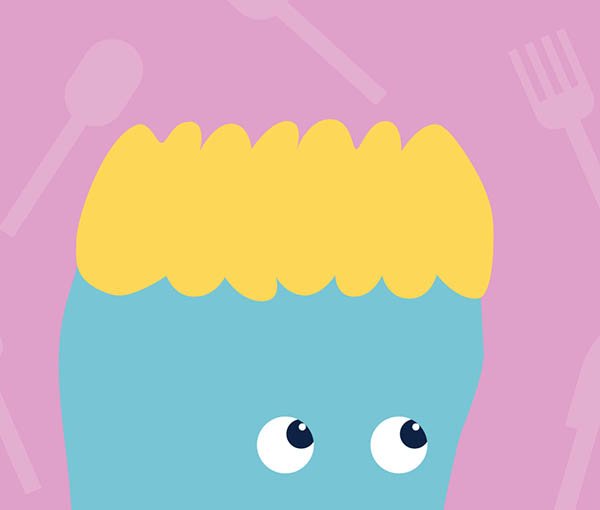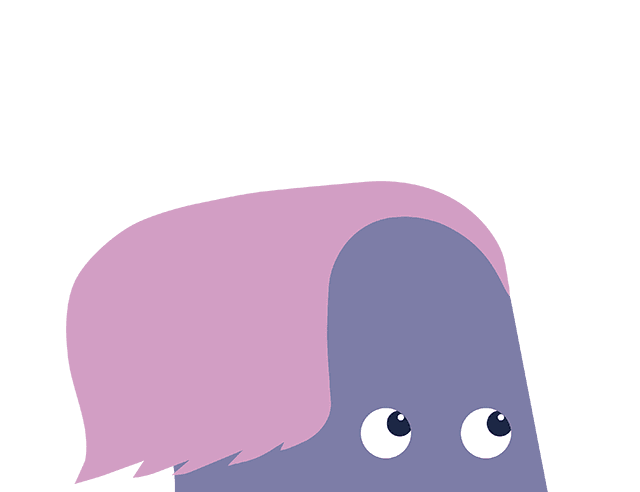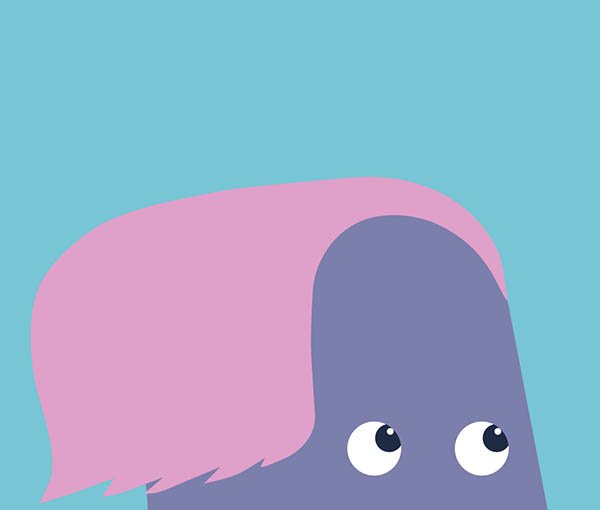[vc_row row_type="row" use_row_as_full_screen_section="no" type="full_width" text_align="left" background_animation="none" css_animation=""][vc_column][vc_column_text]Sleep IS probably the most important thing we can look to improve to look after our brains.
Sounds so easy doesn’t it? One of the most common misperceptions about sleep is that it gives you a chance to switch off. Yes your eyes may be closed but your brain is actually very active doing a number of different things it can’t do whilst its keeping you functioning during the day.
A bit like an airport - once the doors are locked overnight it doesn’t mean nothing is happening, all the necessary things hat need to happen for alll the flights to land and take off the next day need to go on during the night but the night duty team. And your brain has that team too-( think chemicals and cell processes rather than engineers and cleaners). Most of it all happens automatically due to the amazingness of how we are made.
[/vc_column_text][qode_elements_holder number_of_columns="two_columns"][qode_elements_holder_item item_padding="30px 30px 30px 30px" vertical_alignment="middle"][vc_single_image image="342" img_size="full" qode_css_animation=""][/qode_elements_holder_item][qode_elements_holder_item item_padding="30px 30px 30px 30px" vertical_alignment="middle"][vc_column_text]We all know how we feel after a bad nights sleep- tired ( obviously) grumpy? Hungry? Irritable? Struggling to concentrate? When we are young those occasional nights of poor sleep due to having MUCH more fun than sleeping or having to cram for an exam or work that extra shift may not have as much of an impact on us on a day to day basis. But if they become habits and routines of poor or broken sleep follows then this can follow us into 20’s and 30’s when new issues ( babies, snoring or shift working partners, stress of work or paying bills) often sort to dig their heels in and quite quickly we can get caught in a broken sleep cycle. [/vc_column_text][/qode_elements_holder_item][/qode_elements_holder][vc_column_text]
In my experience all aspects of mental health have an impact on sleep. And a chicken and egg situation can occur in that you feel anxious, you don’t sleep well, you feel worse, you feel more anxious and so it continues.
Ideally a stretch of 7- 8 hours of good quality sleep is what our brain benefits from. When this is disturbed over a period of time a number of things can happen. Hormones (chemical messengers that travel around our body) that are vital in controlling our appetite and metabolism (how we process energy) will get out of sync. This can mean we feel more hungry and then are often drawn to quick fix items to boost energy - caffeine in moderation seems to be actually good for our brains but in XS, and accompanied by a muffin or another sugar laden snack and we are really getting ourselves in a pickle.
Whilst we sleep our brain does a bit of a clear out - and gets rid of toxins- a bit like the bins being emptied in the airport overnight. Some of these processes are beginning to be linked to our risk of developing Alzheimer’s disease and scientists are looking very carefully at the role of sleep in the middle stages of life and how this might affect future Alzheimers risk
[/vc_column_text][vc_empty_space][vc_column_text]
For how you feel every day, for your mental health and how how your body works via the transmission of hormones (chemical messengers) which can affect your appetite and weight.
Next week I will look at ways to help sleep and what you can do immediately to (hopefully) get a better nights sleep
[/vc_column_text][/vc_column][/vc_row]
Sounds so easy doesn’t it? One of the most common misperceptions about sleep is that it gives you a chance to switch off. Yes your eyes may be closed but your brain is actually very active doing a number of different things it can’t do whilst its keeping you functioning during the day.
A bit like an airport - once the doors are locked overnight it doesn’t mean nothing is happening, all the necessary things hat need to happen for alll the flights to land and take off the next day need to go on during the night but the night duty team. And your brain has that team too-( think chemicals and cell processes rather than engineers and cleaners). Most of it all happens automatically due to the amazingness of how we are made.
[/vc_column_text][qode_elements_holder number_of_columns="two_columns"][qode_elements_holder_item item_padding="30px 30px 30px 30px" vertical_alignment="middle"][vc_single_image image="342" img_size="full" qode_css_animation=""][/qode_elements_holder_item][qode_elements_holder_item item_padding="30px 30px 30px 30px" vertical_alignment="middle"][vc_column_text]We all know how we feel after a bad nights sleep- tired ( obviously) grumpy? Hungry? Irritable? Struggling to concentrate? When we are young those occasional nights of poor sleep due to having MUCH more fun than sleeping or having to cram for an exam or work that extra shift may not have as much of an impact on us on a day to day basis. But if they become habits and routines of poor or broken sleep follows then this can follow us into 20’s and 30’s when new issues ( babies, snoring or shift working partners, stress of work or paying bills) often sort to dig their heels in and quite quickly we can get caught in a broken sleep cycle. [/vc_column_text][/qode_elements_holder_item][/qode_elements_holder][vc_column_text]
In my experience all aspects of mental health have an impact on sleep. And a chicken and egg situation can occur in that you feel anxious, you don’t sleep well, you feel worse, you feel more anxious and so it continues.
Ideally a stretch of 7- 8 hours of good quality sleep is what our brain benefits from. When this is disturbed over a period of time a number of things can happen. Hormones (chemical messengers that travel around our body) that are vital in controlling our appetite and metabolism (how we process energy) will get out of sync. This can mean we feel more hungry and then are often drawn to quick fix items to boost energy - caffeine in moderation seems to be actually good for our brains but in XS, and accompanied by a muffin or another sugar laden snack and we are really getting ourselves in a pickle.
Whilst we sleep our brain does a bit of a clear out - and gets rid of toxins- a bit like the bins being emptied in the airport overnight. Some of these processes are beginning to be linked to our risk of developing Alzheimer’s disease and scientists are looking very carefully at the role of sleep in the middle stages of life and how this might affect future Alzheimers risk
[/vc_column_text][vc_empty_space][vc_column_text]
So the message is sleep is important.
For how you feel every day, for your mental health and how how your body works via the transmission of hormones (chemical messengers) which can affect your appetite and weight.
Next week I will look at ways to help sleep and what you can do immediately to (hopefully) get a better nights sleep
[/vc_column_text][/vc_column][/vc_row]









